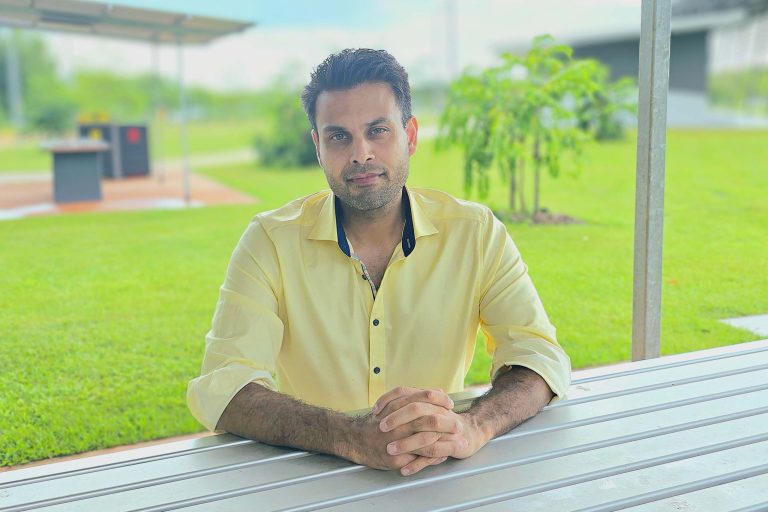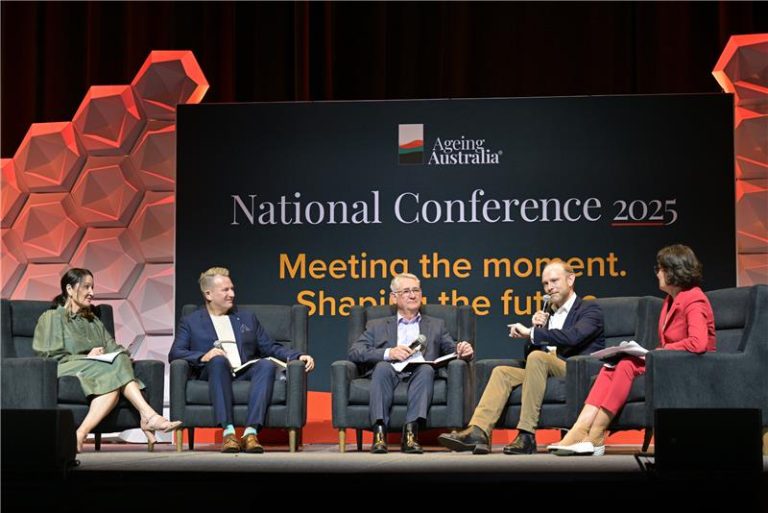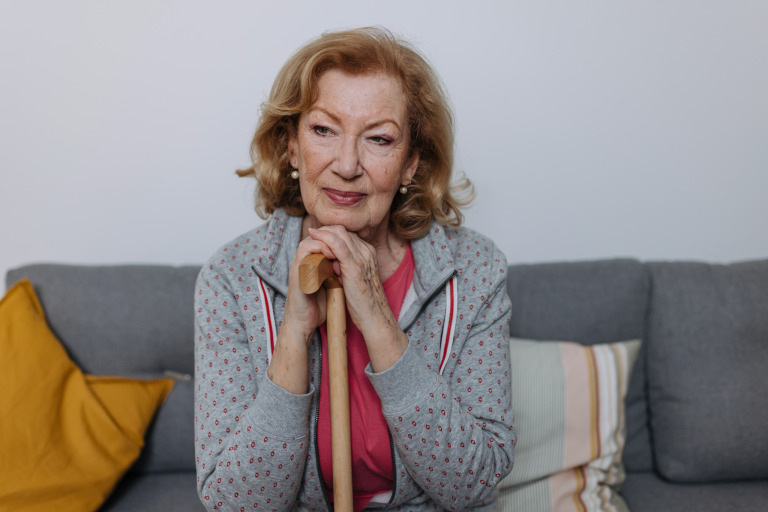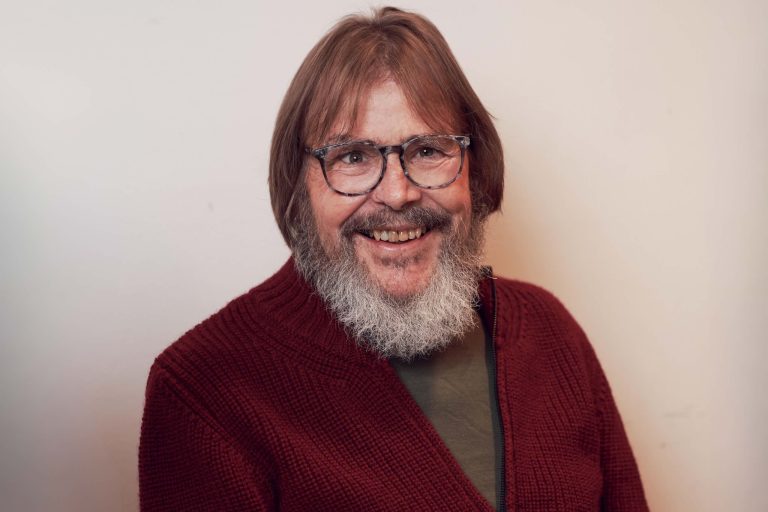
Rights must be embedded in everyday care not just written into law
January 21, 2026
Ramnik Singh Walia is an aged care advocate from Darwin Community Legal Services, OPAN’s Northern Territory network member. As

Darwin’s aged care advocate wins Australian Human Rights Community Award
December 18, 2025
Aged care advocate Ramnik Singh Walia, has been recognised for his work to improve the lives of others at the Australian Human Rights Awards 2025.

Older people reminded of financial assistance available for aged care
December 18, 2025
Older people are being reminded of the government’s Financial Hardship Assistance program, amid reports of

Meeting the moment, shaping the future: Ageing Australia National Conference 2025 wrap up
October 22, 2025
Picture from Ageing Australia. From left: Andrea Kelly, Craig Gear, Lloyd Williams, Tom Symondson and

New report reveals persistent challenges facing older Australians
October 2, 2025
Today, OPAN CEO Craig Gear launched the National Aged Care Advocacy Program Presenting Issues Report

‘I came to Alice in 1982 to visit friends’
September 23, 2025
Paul Absalom is a member of OPAN’s National Older Persons Reference Group, which was formed


